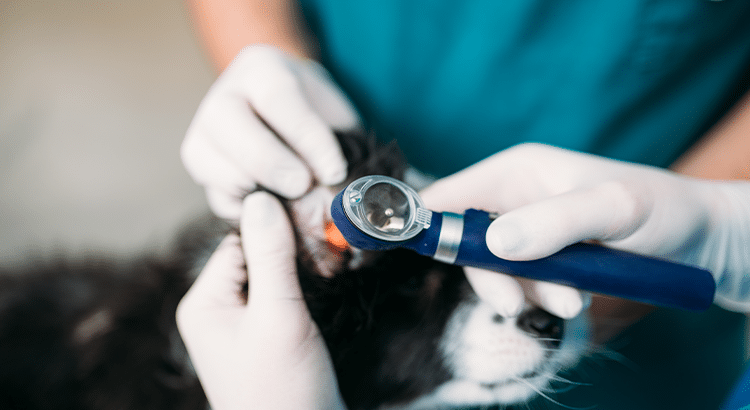
American Kennel Club reports an estimated 20 percent of dogs have some form of ear disease.
Getting rid of ear infections in dogs can be a frustrating task. The first thing to do is identify that your pup is suffering from this annoying issue, and then deciding how you plan to tackle providing treatment. Some dogs tend to have chronic, recurring ear infections, which is pretty popular. There are ways to limit the number of recurrences and avoid the possible negative impacts when ear infections go untreated.
How do you know when your dog has an ear infection?
Pets.webmd.com lists symptoms your dog may have if an ear infection is bothering them.
Symptoms:
Ear infections are more common in breeds with large, floppy or hairy ears, but can occur in any breed.
Why do pups have recurring ear infections?
The most common cause of ear infections in dogs is related to allergies (food or environmental).
Causes:
What are the three types of ear infections in dogs?
There are three kinds of ear infections, named according to the different parts of the ear they affect.
Types:
How do you treat an inner ear infection in dogs?
The best treatment is one prescribed by a veterinarian after examination.
Treatment Options:
According to Central Texas Veterinary, an effective way to clean the ear is to fill the ear canal with the cleaning solution, place an appropriate-sized cotton ball in the ear canal opening, then gently massage the ear at the base.
What happens if ear infections in dogs goes untreated?
Damages related to untreated ear infections can be permanent and life changing for both the pet and the owner.
Untreated Risks:
If you suspect your dog has an ear infection and are unable to seek veterinarian treatment, there is another option. Our Pin Paws Plus membership offers access to whiskerDocs, 24/7 telehealth for pets. Owners can talk, chat or message with veterinary telehealth specialists and ask those ear infection related questions, or any others. Click here for more information.




